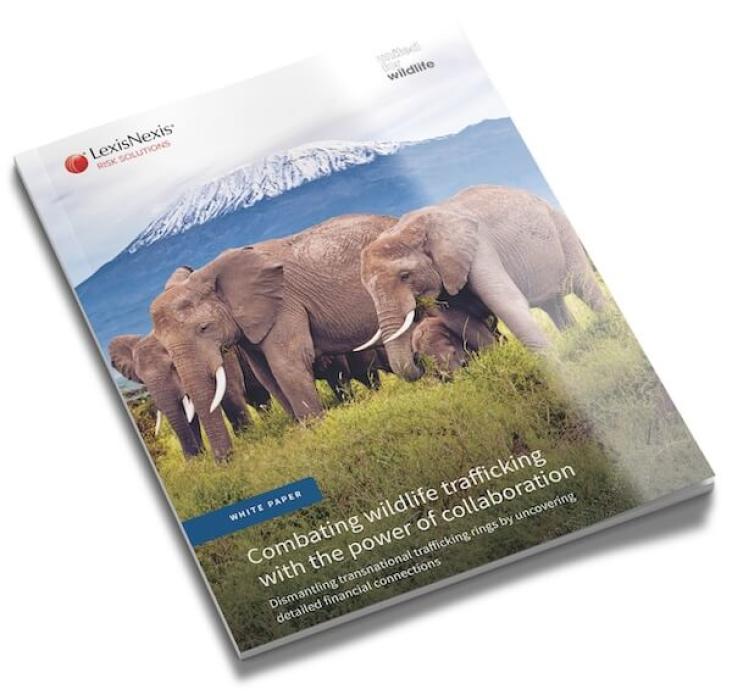
In this episode of the "World We Want" podcast, Márcia Balisciano interviews Simona Bianchi, Assistant Professor at the ReStruct Group in the Faculty of Architecture at TU Delft. They talk about advancing climate-resilient building technologies, sustainable urban development, and the critical role of interdisciplinary collaboration in aligning research with the UN Sustainable Development Goals.

Observed on Tuesday, September 30, 2026, International Translation Day pays tribute to language professionals whose work enables cooperation across borders.

In this episode of the "World We Want" podcast, Márcia Balisciano interviews Mai Trinh, Head of Tax Risk, Reporting and Reputation, RELX. They talk about promoting responsible tax practices, sustainable economic development, and wellbeing, while emphasizing collaboration and transparency in alignment with UN Sustainable Development Goals.
Drawing inspiration from recent European Union agricultural and environmental policy reforms, this study examines the barriers between scientific advancements, farm-scale applications, and the implementation of agricultural policies.
This paper highlights the potential of engineered mineral carbonation to transform cement and concrete into effective carbon sinks by enhancing CO2 storage while maintaining material performance, emphasizing the use of alkaline industrial residues and carbonatable binders. It proposes a strategic roadmap integrating scientific innovation, regulation, and carbon accounting to promote climate-positive construction.
This study investigates the use of problem-based learning (PBL) by geography teachers in Northwest Ethiopia to address deforestation and climate change education.

Learn how to help prevent wildlife trafficking by utilising partnerships and data in this joint LexisNexis Risk Solutions and United for Wildlife report.
This article offers a comprehensive review of how climate policies in Least Developed Countries (LDCs) interact with all 17 Sustainable Development Goals (SDGs), with a particular focus on SDG13 (Climate Action). It identifies a significant research gap, showing that only 5% of relevant studies focus on LDCs, and emphasizes the need for more inclusive, context-specific data and policy analysis. The authors propose a holistic resilience framework, combining infrastructural, institutional, and informational dimensions, to guide future climate policy that supports sustainable development across all SDGs.
The paper critically examines the assumption that access to electricity (SDG 7) inherently promotes gender equality (SDG 5). It finds that the gendered impacts of electricity access vary widelysometimes empowering women, but other times reinforcing existing inequalities. To better understand these dynamics, the authors develop a new theoretical framework that merges:
Gender Studies insights on gender as performative, intersectional, and shaped by power relations.
Social Practice Theory, which explores how electricity gains meaning through its role in everyday practices.
This framework is applied to case studies in rural Guatemala (patriarchal) and rural Colombia (matrilineal), revealing how cultural context shapes outcomes. The paper also introduces an 8-step methodology for applying this framework in practice.
Ultimately, the study offers tools for designing context-sensitive energy policies that are more likely to advance gender equality.

